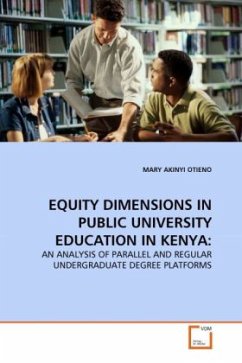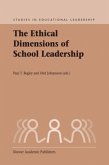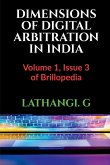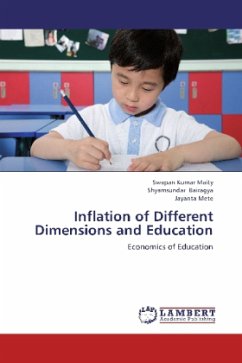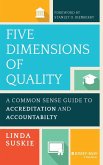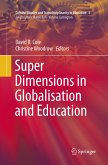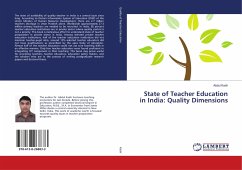The rapid expansion of university education in Kenya has necessitated inevitable reconfigurations and innovations in access and finance issues. Part of this is evident in the high demand for university education that has seen the mounting of alternative platforms variously called parallel, self-sponsored or module II. As of necessity, such developments come with inevitable consequences, including altering the pattern of access by socio-economic groups as well as gender, in as much as they engender institutional differentiation manifested in the appropriation of private funds, occasioned by differential enrolment of paying students. The dualistic admission policy has the potential of engendering inequalities among social groups, gender and between institutions, principally because, by liberalising' education, it opens up university admission to those students able to pay the fees. This poses a threat to equitable distribution of education opportunities in public universities. It is for this reason that the current study investigated the equity issues in Kenya's public university system since the mounting of the parallel platform.

